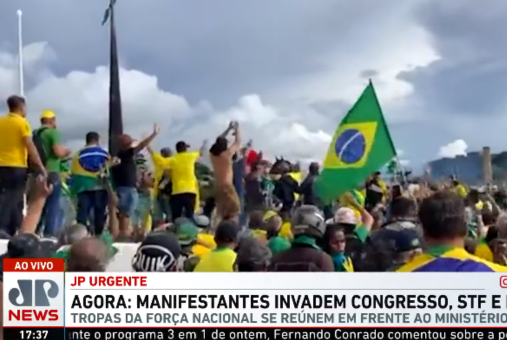
A legal action that could take Brazil's radio station Jovem Pan off the air has once again fueled the debate on the limits of free speech. The lawsuit accuses the station of disseminating content that undermined the electoral process, incited civil disobedience, and promoted a coup. Experts weigh in on the case, highlighting the compatibility of the prosecution's claims with Brazilian legislation.
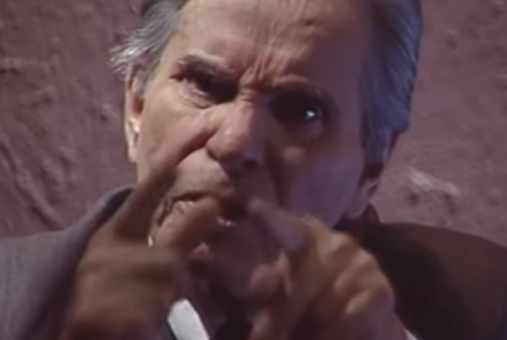
In the book "The man with the white shoes: The life of the inventor of the dog-eat-dog world on Brazilian TV," journalist Maurício Stycer sheds light on the professional trajectory, personal history and innovations introduced by Jacinto Figueira Júnior, better known as The man with the white shoes. Stycer, a renowned TV critic in Brazil, explores the emergence of sensationalism, shock and amazement as central production values of TV journalism in the country.
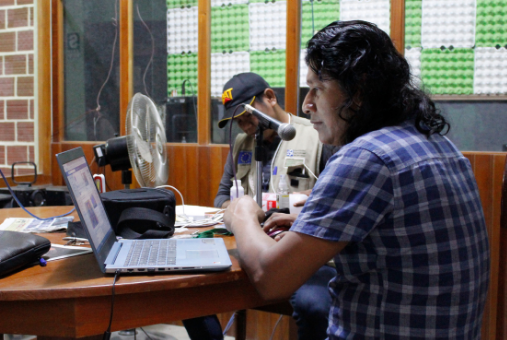
Despite the fact that community stations stopped broadcasting in this pandemic, Radio Ucamara, at 98.7 FM, continued with its mission of revitalizing and recovering the Kukama language and culture.

2020 was perhaps the year in which radio most clearly demonstrated its impact and importance in society. This 110-year-old "young media outlet" – as UNESCO Director-General Audrey Azoulay refers to it – has a penetration rate of 75 percent in developing countries.
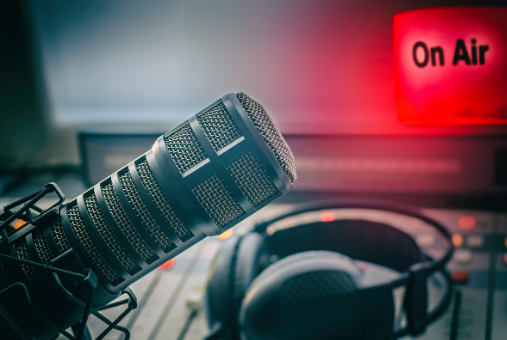
In celebration of World Radio Day, we asked radio journalists from Latin America and the Caribbean why radio is important for press freedom in the region.
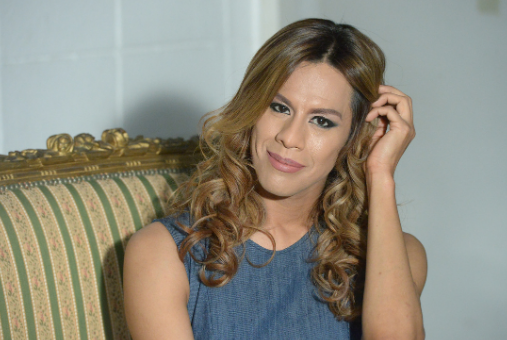
LJR caught up with Zurco to find out how the public has reacted to her start, the evolution of her work and her relationship with colleagues.

Alice Bastos Neves, 36, presenter of Globo Esporte and reporter for RBS TV, an affiliate of Rede Globo, shared her breast cancer diagnosis with the public and presented the program with her head shaved. See the journalist's interview with LJR.

Venezuelan news site El Pitazo and Colombian news director Darío Arizmendi were recognized by the Ortega y Gasset awards from Spanish newspaper El País.
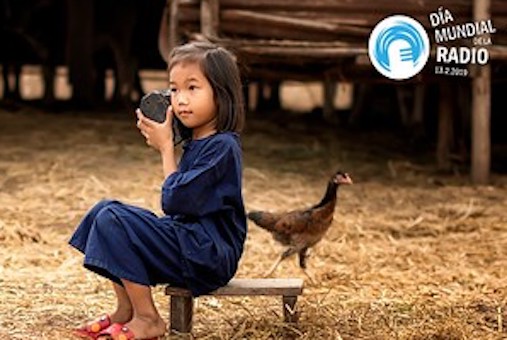
Under the theme "Dialogue, tolerance and peace," the UNESCO is once again leading the celebration of World Radio Day on Feb. 13 to highlight the importance of the radio in its search for a "more peaceful and tolerant world."
Mexican journalist Juan Carlos Huerta was killed in Tabasco on the morning of May 15 in what appears to be a targeted hit. His death comes on the one-year anniversary of the murder of journalist Javier Valdez, calling attention to the grave violence being faced by the Mexican press.
On April 4, the Civil Police of the State of Goiás handed the Brazilian justice system the completed investigation of the murder of radio journalist Jefferson Pureza, who was killed in the city of Edealina on January 17 of this year. The police investigation concluded that councillor José Eduardo Alves da Silva, of the Party of the Republic (PR), ordered the crime and should be charged with double-qualified homicide, for trivial motive and for payment, according to G1.
Two journalists with the Ecuadorian newspaper El Comercio and their driver, who authorities say were abducted on March 26 by FARC dissident groups, were shown alive in a video broadcast on Colombian station RCN. The abduction took place close to a military checkpoint in Mataje, in the Ecuadorian province of Esmeraldas that borders the Colombian border, according to El Comercio.